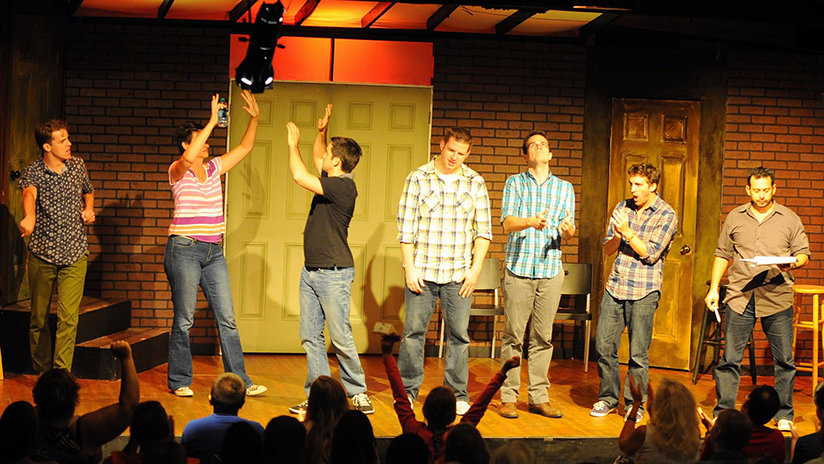
-
HOME
-
WHAT IS STANDOur Mission Our Values Our Help Contact
-
WHAT WE FIGHT FORReligious Freedom Religious Literacy Equality & Human Rights Inclusion & Respect Free Speech Responsible Journalism Corporate Accountability
-
RESOURCESExpert Studies Landmark Decisions White Papers FAQs David Miscavige Religious Freedom Resource Center Freedom of Religion & Human Rights Topic Index Priest-Penitent Privilege Islamophobia
-
HATE MONITORBiased Media Propagandists Hatemongers False Experts Hate Monitor Blog
-
NEWSROOMNews Media Watch Videos Blog
-
TAKE ACTIONCombat Hate & Discrimination Champion Freedom of Religion Demand Accountability
Will the Coming Year Be Sweet or Bitter? It Is Up to Us
This month the call of the ram’s horn signaling the coming of the Jewish New Year, Rosh Hashanah, sounds across cyberspace and through isolated pods in largely vacant synagogues throughout the world in this most strange year.
The meaning of the call remains the same, however. The end of a year and the beginning of a new one are a time for reflection, remembrance and, many hope, redemption. In contrast to the festivities and jollity of January 1, the Jewish New Year traditionally is the date that God decides the fate of mankind for the coming year. For 10 days after Rosh Hashanah individuals have the chance, through good deeds and prayer, to change God’s decision, which isn’t made final, sealed and complete until Yom Kippur, the Day of Atonement.

As the 11th-century prayer Unetaneh Tokef goes:
“On Rosh Hashanah it is inscribed, and on Yom Kippur it is sealed—how many shall pass away and how many shall be born, who shall live and who shall die, who in good time, and who by an untimely death, who by water and who by fire, who by sword and who by wild beast, who by famine and who by thirst, who by earthquake and who by plague, who by strangling and who by stoning, who shall have rest and who shall wander, who shall be at peace and who pursued, who shall be serene and who tormented, who shall become impoverished and who wealthy, who shall be debased, and who exalted.”
The prayer is chanted slowly, mournfully, but then ends with a triumphant shout: “But repentance, prayer and righteousness avert the severity of the decree!”
Have I ignored another’s pain and suffering?
I well remember my insistent rabbis in Hebrew school reminding us that God can forgive us our trespasses against Him, but that our transgressions against one another can only find forgiveness among men and not in heaven. The catch, of course, is that most of our transgressions are against our fellows. So the questions tumble over one another in this turbulent, plague-riddled year:
Have I disrespected another?
Have I been selfish to the detriment of another?
Have I failed to give someone sustenance when I could have, or hope when I should have?
Have I turned away from someone who needed comfort?
Have I ignored another’s pain and suffering?
Have I excused or rationalized the suffering of a group, race or religion?
And of course the big question:
Have I contributed to the fear and uncertainty of these times, or have I done what I could from where I am and as who I am to lessen it, even slightly?
Our answers, each of our answers, to those questions, now and in the coming months, will determine whether we are justified in using the traditional Rosh Hashanah greeting “L’shana tovah u’metukah”—“Here’s to a good and sweet new year.”









